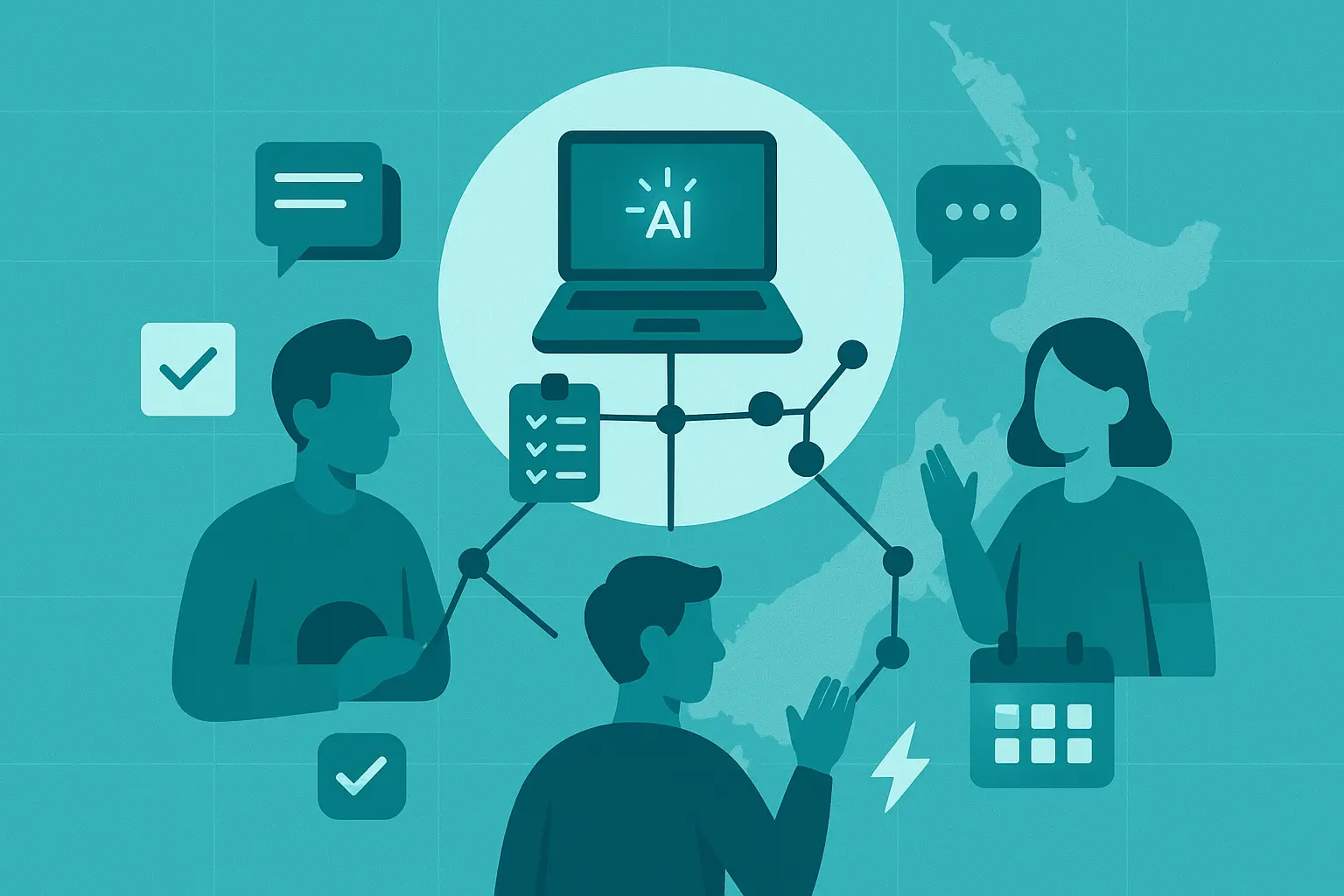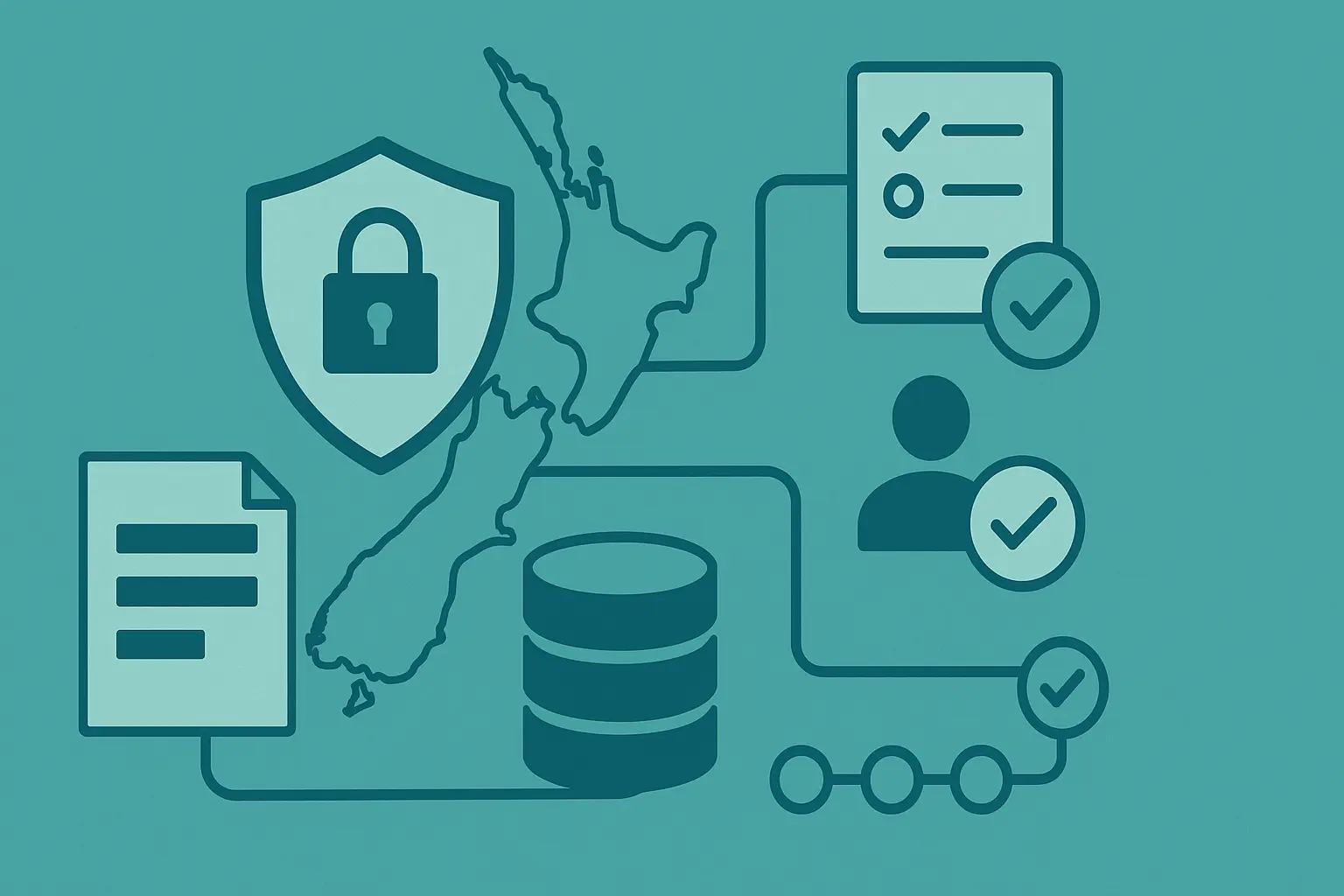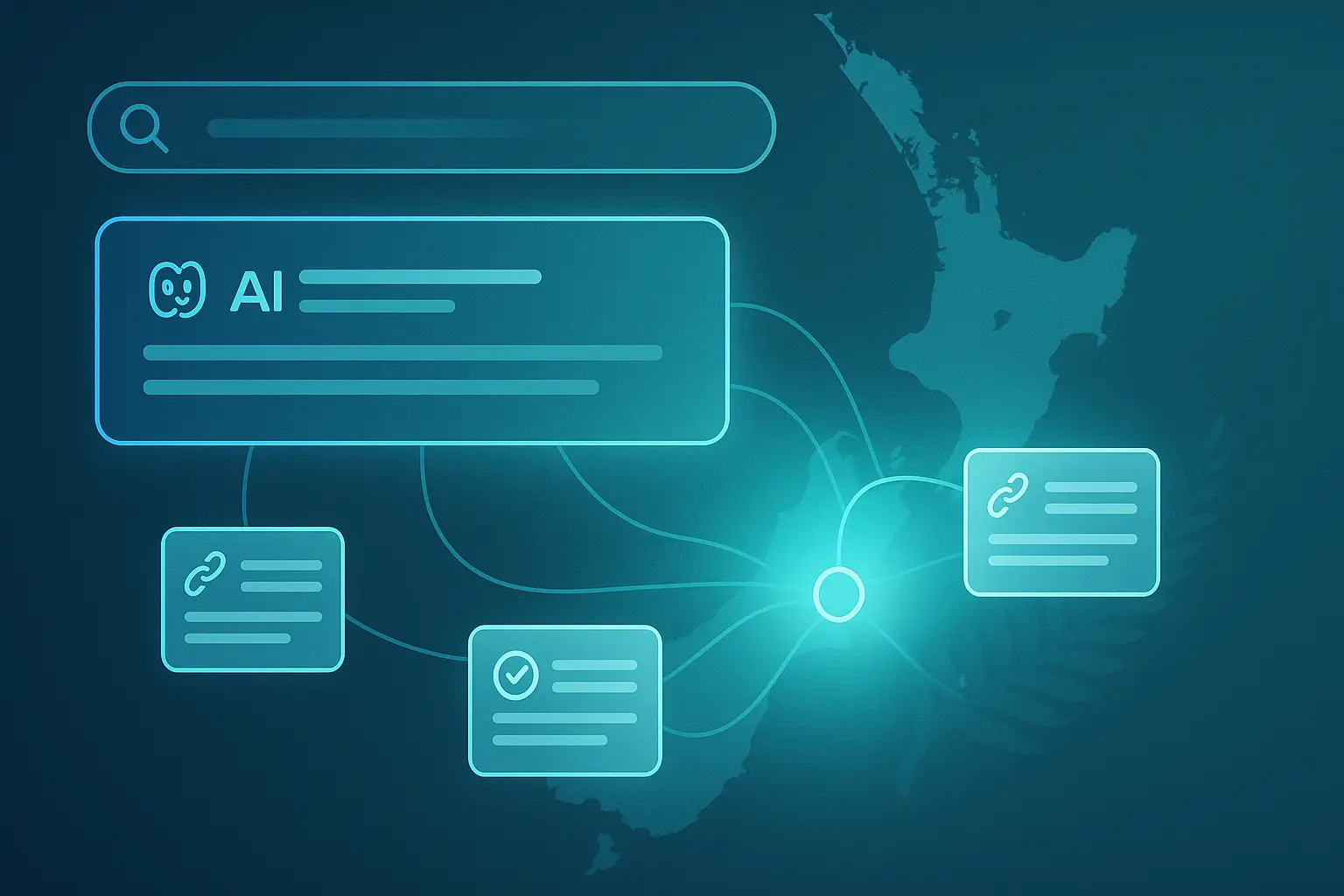Web design trends for 2023

What will the web look like in 2023? No one can say for sure, but we can make some educated guesses. In this blog post, we'll take a look at some of the most likely web design trends for 2023 and how you can prepare for them. So buckle up and get ready to explore the future of the web!
1. Increased use of artificial intelligence and machine learning for website design
If you've ever wondered how those website design trends you love (or love to hate) come about, you can now blame it on the machines. That's right, thanks to the increased use of artificial intelligence (AI) and machine learning, algorithms are now making design decisions that humans used to have to make. And while this might sound like a recipe for disaster, it actually has the potential to lead to some pretty amazing results. After all, machines don't get tired or distracted, and they can process vast amounts of data in a fraction of the time it would take a human. As a result, they can come up with ideas and solutions that we wouldn't normally think of. So when it comes to website design, AI and machine learning might just be the secret ingredient we need to take things to the next level.
2. More minimalist designs with clean lines and simple typography
As the world becomes increasingly digitized, design trends are also evolving. In recent years, there has been a move away from busy, cluttered designs and towards more minimalist styles. This shift is partially due to the growing popularity of minimalism as a lifestyle philosophy, but it also reflects the changing needs of consumers. In a fast-paced, digital world, people are looking for designs that are clean and easy to navigate. The trend towards minimalism is also being driven by advances in technology. As screens become more sophisticated, designers have more freedom to experiment with simple layouts and bold typography. As a result, we are seeing a growing number of designs that are both eye-catching and easy to understand.
3. Greater use of color, especially in gradients and duotones
The world is a drab place. That's why I'm excited to see more companies embrace color, especially in gradients and duotones. A touch of color can really make a bland product pop. It can also convey a sense of energy and vibrancy that can be lacking in monochromatic designs. And when done well, gradients and duotones can add a layer of depth and richness to an otherwise flat design. I think we'll be seeing a lot more of these bold color choices in the years to come, and I for one am excited to see what designers come up with next.
4. More interactive elements, including animations and video backgrounds
No one likes a boring website. If you want visitors to stick around, you need to make your site engaging and visually interesting. That's where animation and video come in. By incorporating these elements into your design, you can add an extra layer of interest and excitement. Animations can be used to guide visitors' eyes to important information, or simply to add a touch of fun. Video backgrounds can add movement and depth to a site, making it more immersive and engaging. When used tastefully, animations and video can really bring a website to life. So if you're looking to spice up your site, consider adding some animated or video elements.
5. Use of virtual reality and augmented reality for website design
Virtual reality (VR) and augmented reality (AR) are two technologies that are quickly gaining traction in the website design world. While VR is still largely used for gaming and entertainment purposes, AR is beginning to be used for a variety of practical applications. For example, AR can be used to create interactive 3D models that can be placed on a website. These models can be used to show how a piece of furniture would look in a room or how a new car would look on the road. AR can also be used to create virtual tours of a website. These tours can give potential customers a feel for the layout of the site and help them decide whether they would like to visit in person. Ultimately, VR and AR have the potential to revolutionize website design by giving users a more immersive and interactive experience.
6. Continued growth of responsive design to accommodate all screen sizes
It's no secret that the world is becoming increasingly digital. More and more people are spending their time online, and an ever-growing number of businesses are shifting their operations to the web. As a result, it's more important than ever for websites to be designed with an eye for responsive design. This ensures that regardless of the device or screen size being used, the website will be easy to navigate and use. What's more, responsive design is also key for ensuring that a website loads quickly and efficiently. With so many users now accessing the internet on the go, it's essential that websites are designed to accommodate this need for speed. In short, responsive design is no longer a nice-to-have; it's become a necessity in today's digital world.
Conclusion paragraph: As we move closer 2023, it's clear that some major website design trends are on the horizon. We're seeing a greater use of artificial intelligence and machine learning for creating sophisticated designs, as well as more minimalist designs with clean lines and simple typography. In terms of color, gradients and duotones are going to be big this year, while interactive elements like animations and video backgrounds are also gaining in popularity. Finally, virtual reality and augmented reality are starting to make their way into website design, offering new possibilities for engaging users.
Are you ready to jump on these trends? Make sure to subscribe to our blog so you don't miss out!


